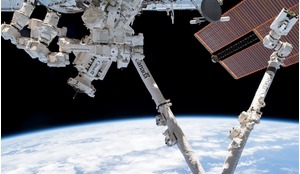Despite the COVID-19 pandemic, the space sector has continued to grow and space innovation has increasingly incorporated technologies developed in other sectors. As a result, Artificial Intelligence (AI) is becoming more and more prevalent within the context of the use and exploration of space. This article considers the need for parallel developments in the legal aspects of space utilisation.
Artificial Intelligence represents the capability for machines to simulate human behaviour. It also encompasses machine learning (ML), which is based on the capability for machines to automatically ‘learn’ from previous data and improve their accuracy over time without being directly programmed. Thus, AI and ML are reshaping our world, and in particular the manner in which we do business. AI has the proven capacity to improve products, processes and business models in all economic sectors, and AI policies and strategies are being developed across the globe at national and regional levels.
At the same time, the utilisation of AI within space missions also raises many challenges. Increasing connectivity and symbiotic interactions between humans and intelligent machines gives rise to significant questions for the rule of law and contemporary ethics, including the applicable rules relating to responsibility and liability in cases of damage arising from the use of advanced AI. It also encompasses a series of complex issues that cut across social, economic, public policy, technological, legal, ethical and national security boundaries.














